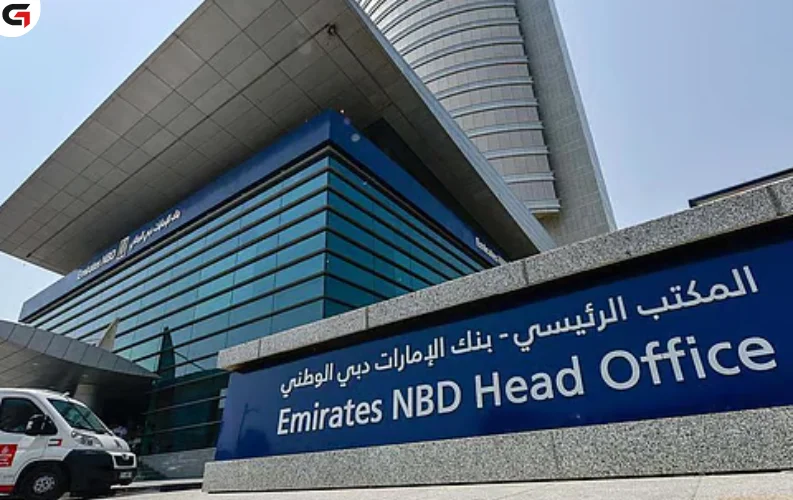Dubai: Dubai’s largest bank, Emirates NBD (ENBD), will acquire a 60% stake in India’s RBL Bank for about $3 billion, marking the biggest cross-border acquisition in India’s financial sector.
ENBD will invest INR 268.5 billion ($3.05 billion) through a preferential share issue, RBL Bank said in a regulatory filing. The deal positions ENBD as the promoter of RBL Bank, giving it rights to nominate board directors once regulatory approvals are secured.
The acquisition underscores ENBD’s confidence in India’s fast-growing banking sector, the lenders said in a joint statement, adding that the move also strengthens the India–Middle East–Europe Economic Corridor.
India’s central bank, the Reserve Bank of India (RBI), allows up to 74% foreign ownership in private banks, though any single investor typically requires approval to exceed a 15% stake. Sources told Reuters that the RBI has informally backed the deal.
As part of the agreement, ENBD will launch an open offer to buy additional shares from retail investors at INR 280 per share, in line with India’s takeover rules. The offer will ensure ENBD’s stake remains within the 74% foreign investment cap.
Strategic Expansion
The deal comes as UAE banks, including ENBD and Abu Dhabi’s FAB, expand aggressively into new markets such as Saudi Arabia and Egypt. ENBD, majority-owned by the Dubai government, reported $297 billion in assets as of June 2025 and already operates in Turkey, Egypt, and Saudi Arabia.
RBL Bank, which has 15.17 million customers and 562 branches across India, is India’s 13th-largest private lender with assets of INR 1.46 trillion ($16.6 billion). Its stock has surged 90% in 2025, reflecting improving investor sentiment following years of restructuring and leadership changes.
Analysts said the deal will strengthen RBL’s balance sheet, boost its Tier-1 capital, and provide long-term growth capital. “This will open the floodgates for more such foreign investments into mid-sized Indian banks,” said Anand Dama, head of financial research at Emkay Global Capital.
The acquisition still requires approvals from the Reserve Bank of India, India’s Competition Commission, and Dubai regulators.




















